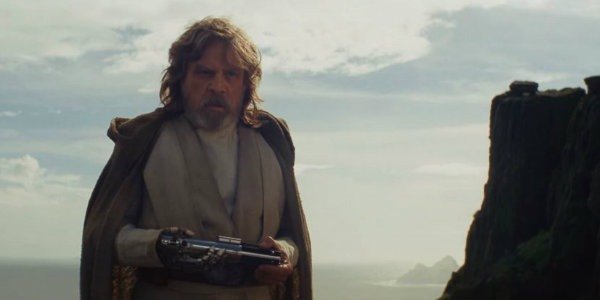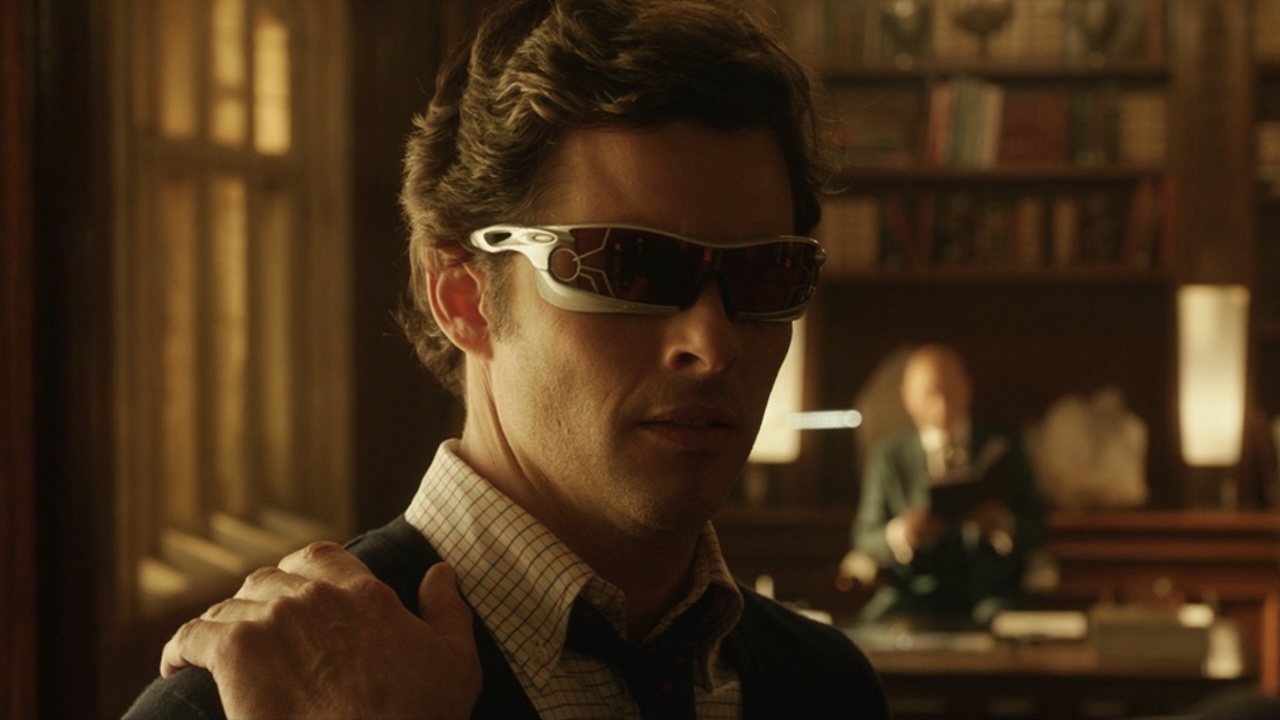Why Star Wars: The Last Jedi Couldn't Actually End The Jedi, According To Rian Johnson

Your Daily Blend of Entertainment News
You are now subscribed
Your newsletter sign-up was successful
Warning: spoilers ahead regarding the plot of Star Wars: The Last Jedi! If you haven't caught the film yet, you may not want to read on.
Luke Skywalker's assertion that "it's time for the Jedi to end" in Star Wars: The Last Jedi showed an unprecedented level of cynicism for the young boy from Tatooine (it even didn't make sense to Mark Hamill), and the core arc of the film revolved around him re-learning his optimism. We now know that Luke will not truly be the last of the Jedi Order going into Star Wars: Episode IX, but according to The Last Jedi director Rian Johnson, ending the Jedi was never a valid course of action because the mythology of the Jedi will always influence the galaxy. Johnson explained:
When Rey shows up, the first and foremost thing is she needs a mentor. In looking at this grand plan from ten miles up in the air, Luke is missing the thing right in front of his nose. Here's somebody who needs you, who needs your help. If you think you are throwing away the past, you are fooling yourself. The only way to go forward is to embrace the past, figure out what is good and what is not good about it. But it's never going to not be a part of who we all are. And that includes Rey, who grew up hearing the legends about the Jedi. So the notion of, 'Nope, toss this all away and find something new,' is not really a valid choice, I think.
A significant narrative thread that runs through the bulk of Star Wars: The Last Jedi's story is how to deal with the past. For tortured characters like Kylo Ren and Luke Skywalker, that involves forgetting it and even killing if necessary. However, by Rian Johnson's estimation of the situation, that's not a viable course of action. The idea of Jedi cannot be killed in the Star Wars universe because their lore has spread across the galaxy to the point that even a nobody like Rey had heard of them during her time on Jakku. It's ingrained into the DNA of these characters, so the Star Wars franchise cannot realistically exist without some version of it.
Despite the undercurrent of optimism, Rian Johnson's remarks in The Art of Star Wars: The Last Jedi (via Screen Rant) also imply that things won't go back to the way that they used to be in the old days. Luke Skywalker's gripes about how the mistakes of the Jedi Order led to the rise of Darth Vader and Darth Sidious arguably have some obvious merit, considering how the often-maligned prequel trilogy leads into Rogue One: A Star Wars Story and the original trilogy. From there, the ending of The Last Jedi implies that we will see an evolution take place in how the franchise handles the Force-wielding warriors. They might not resemble the old form, but they're not going to die either because Rey now seemingly has her hands on the Jedi texts in the Millennium Falcon.
Rian Johnson's Star Wars: The Last Jedi is currently in theaters, so if you need to see it (or see it again) to contemplate the nature of the Jedi, the Sith, and the Force, make sure to check it out!
Your Daily Blend of Entertainment News
Originally from Connecticut, Conner grew up in San Diego and graduated from Chapman University in 2014. He now lives in Los Angeles working in and around the entertainment industry and can mostly be found binging horror movies and chugging coffee.

